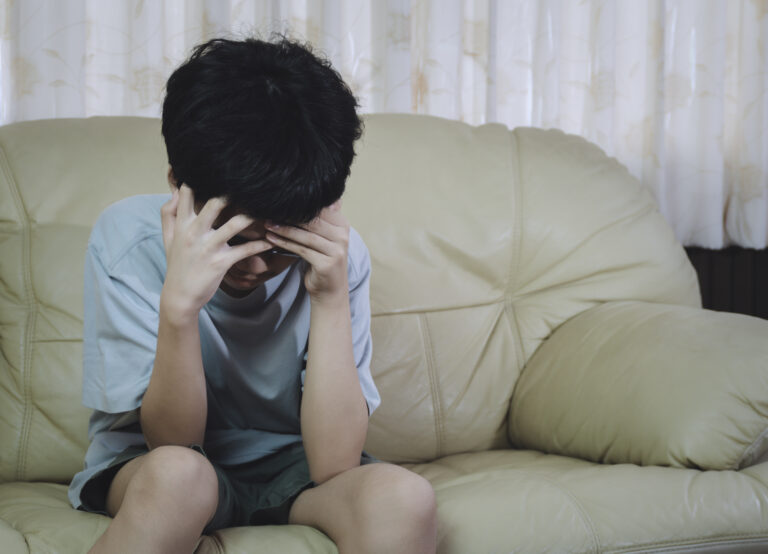As a childhood educator with years under my belt, I’ve encountered numerous instances where children show signs of stress.
It might not always be evident, as young children can’t articulate their feelings as adults do, but it’s there – in their behavior, their play, and even their silence.
Understanding these signs and knowing how to support these little ones through their stress has become a crucial part of my role. Here’s how I navigate this delicate terrain.
Understanding Stress in Young Children
Before diving into signs and strategies, it’s essential to grasp why and how young children experience stress.
The Nature of Childhood Stress
In my journey, I’ve learned that stress in young children often stems from feeling a lack of control or understanding of their environment.
Whether it’s a change in routine, family dynamics, or just an overwhelming day, these little shifts can have a big impact.
Recognizing the Signs
I’ve seen a range of stress indicators, from changes in eating and sleeping patterns to more overt behaviors like increased irritability or withdrawal.
It’s been my secret weapon to observe and note these changes, as they’re often the first clue that a child needs support.
3 Top Signs of Stress in Young Children
Identifying stress involves keen observation and understanding of each child’s baseline behavior.
Behavioral Changes
I’ve personally observed that stress can manifest in behaviors such as aggression, clinginess, or regression in previously mastered skills like toilet training. These signs are children’s ways of expressing discomfort or unease.
Emotional Signals
From what I’ve experienced, emotional signs of stress can include excessive crying, frustration over small issues, or showing signs of anxiety like nail-biting. It’s crucial to approach these emotional displays with sensitivity and support.
Physical Symptoms
I’ve found that stress can also present physically, through symptoms like stomach aches, headaches, or changes in appetite. Recognizing these as potential signs of stress rather than dismissing them as unrelated is important in addressing the root cause.
Strategies for Supporting Stressed Children
Supporting children through stress involves a combination of proactive strategies and responsive care.
Creating a Safe and Predictable Environment
In my work, providing a routine and predictable environment has been foundational in mitigating stress. Children thrive on knowing what to expect, and a stable routine offers them a sense of security.
Encouraging Emotional Expression
I’ve encouraged children to express their feelings through words, art, or play. Giving them a safe space to express themselves has been crucial in helping them navigate their emotions and start to understand their feelings.
Teaching Coping Skills
I’ve tried to teach coping skills through modeling and practice. Simple breathing exercises, mindfulness activities, or even having a quiet space where children can go when they feel overwhelmed have been effective strategies.
The Role of the Educator in Stress Management
As educators, we play a pivotal role in identifying and addressing stress in young children.
Observation and Documentation
In my years of working, consistently observing and documenting changes in behavior and discussing these observations within our team have allowed us to support children effectively and tailor our approaches to meet their needs.
Building Trusting Relationships
I’ve gathered that building a trusting relationship with each child makes a significant difference in how they handle stress. When children feel they have a trusted adult they can turn to, they’re more likely to express their feelings and seek support.
Professional Development and Collaboration
Through my adventures in childcare, continuous professional development in child psychology and stress management, and collaborating with specialists when necessary, have been indispensable.
They ensure that we’re equipped with the latest knowledge and strategies to support our children effectively.
Final Thoughts
Navigating the topic of stress in young children is a delicate balance of observation, understanding, and action.
In my experience, recognizing the signs of stress and providing appropriate support can make a profound difference in a child’s ability to cope and bounce back from challenging situations.
As educators, our role is not just to teach but to nurture and support, ensuring that every child in our care has the tools they need to navigate not just academic challenges but emotional ones as well.
It’s through these efforts that we can help foster a generation of resilient, emotionally healthy individuals.












